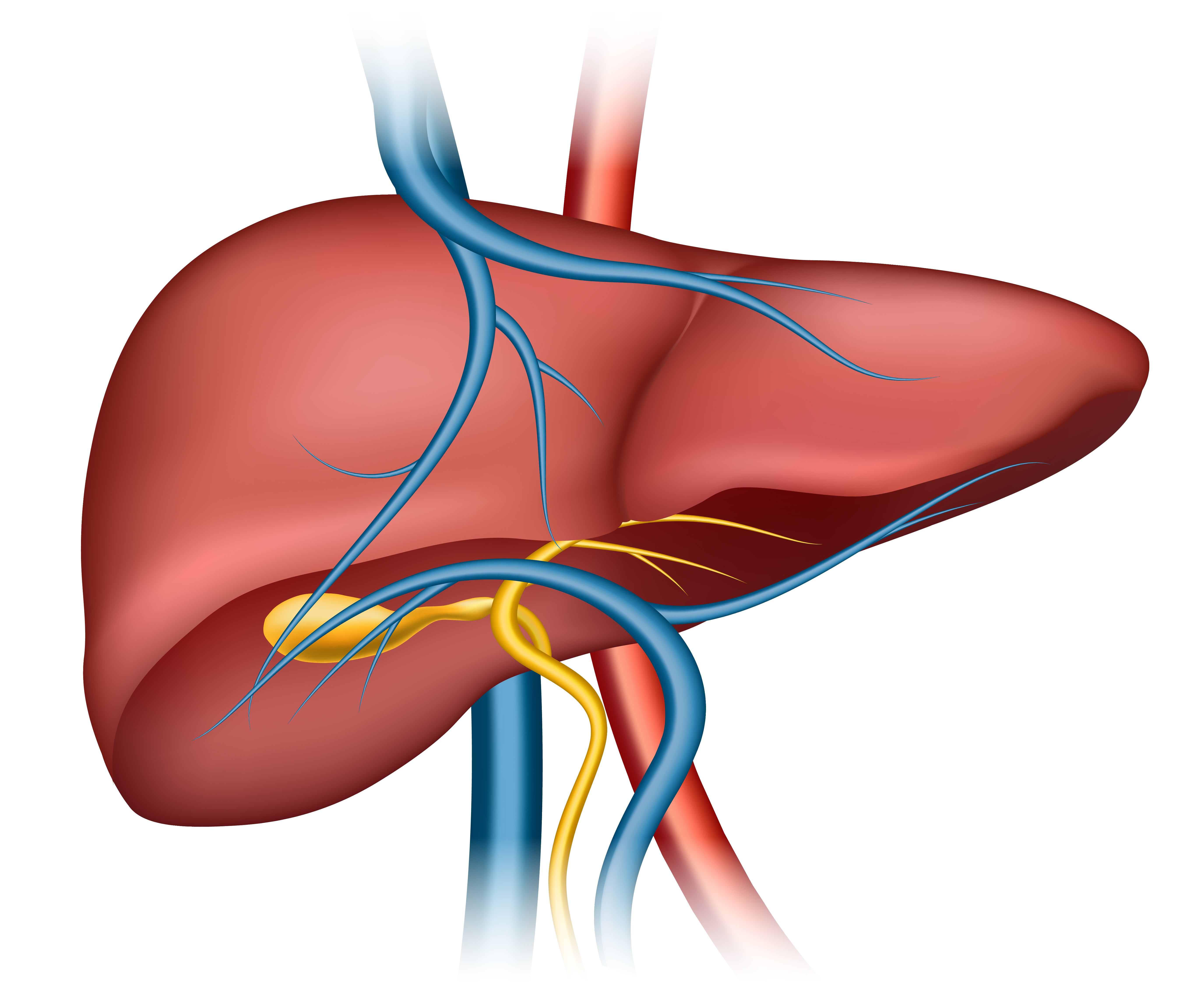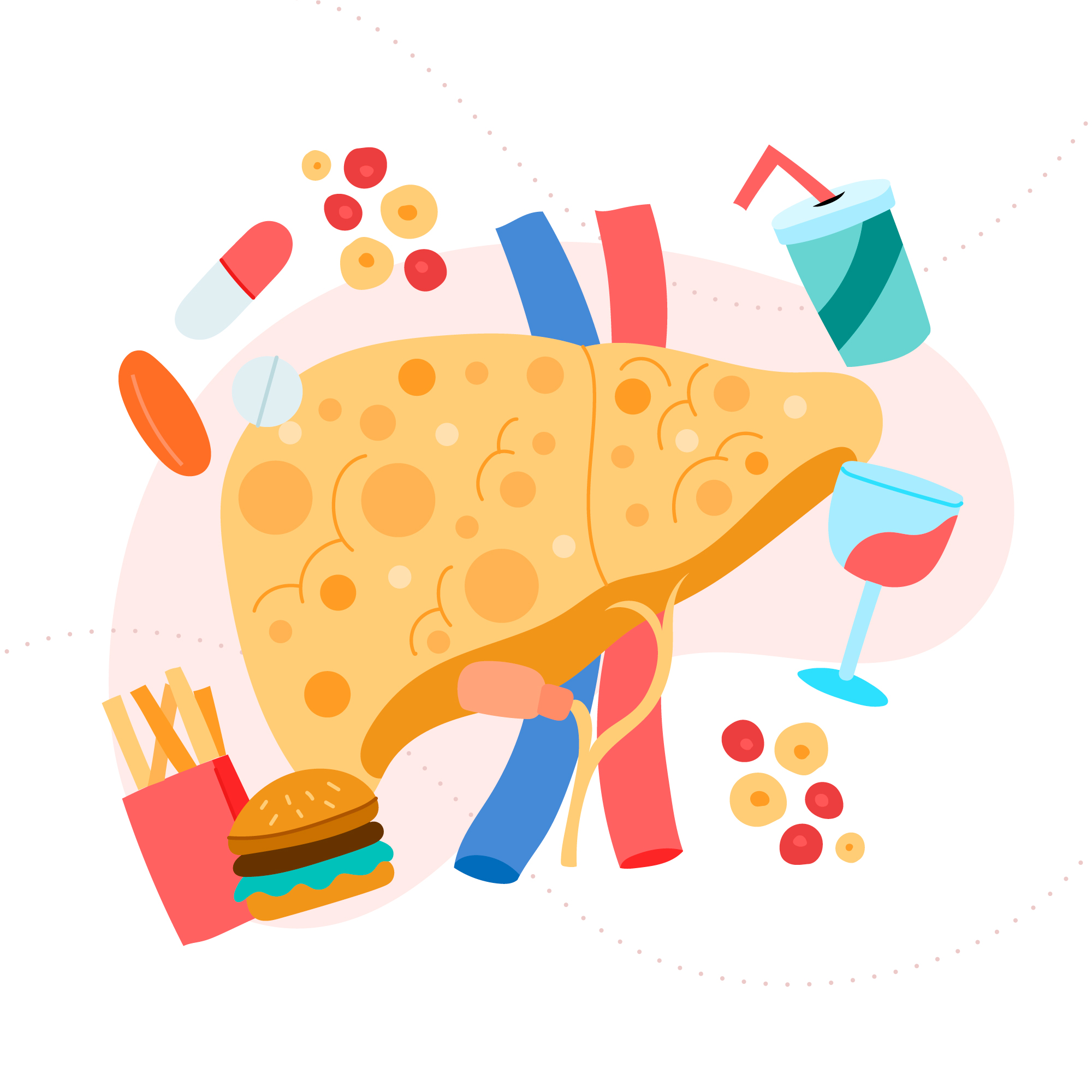

Chronic pancreatitis is a complex disease with genetic and environmental factors playing a role in its occurrence. Recent studies suggest that tobacco smoke is a more significant risk factor than alcohol consumption, which is surprising. This review focuses on the top eight reasons for chronic pancreatitis, particularly emphasizing the different etiologic factors associated with the other disease phenotypes and the triggering factors involved in the progression from acute to chronic disease.
So, what are the common causes of this disease? Let's dive into the details and understand how alcohol abuse, gallstones, hypertriglyceridemia, smoking, genetic and hereditary factors, and autoimmune diseases, among other causes, can trigger the onset of this disease.
This comprehensive blog will help you understand how to prevent, diagnose, and treat chronic pancreatitis.
Chronic Pancreatitis Causes: Unraveling the Mystery!

Chronic pancreatitis is characterized by long-term inflammation of the pancreas, leading to irreversible damage. While multiple factors can trigger this condition, it's essential to grasp the key contributors that may be at play. Let's explore them in detail:
1. Alcohol and Pancreatitis
One of the most common causes of chronic pancreatitis is excessive alcohol consumption. Chronic alcohol abuse can lead to pancreas inflammation and scarring, ultimately resulting in chronic pancreatitis. It's essential to be mindful of alcohol intake to prevent this condition.
2. Genetic Factors and Pancreatitis
Some individuals may have a genetic predisposition to chronic pancreatitis. Genetic mutations can make the pancreas more susceptible to inflammation. Understanding your family history can be crucial in identifying your risk.
3. Autoimmune Pancreatitis Triggers
Sometimes, the body's immune system may mistakenly attack the pancreas, leading to chronic inflammation. Autoimmune pancreatitis is a less common but significant cause of chronic pancreatitis.
4. Gallstones Causing Pancreatitis
Gallstones can block the pancreatic duct, causing digestive enzymes to back up into the pancreas. This can trigger inflammation and lead to chronic pancreatitis. Gallstone management is essential in preventing this form of pancreatitis.
5. Medications and Pancreatitis
Certain medications, such as diuretics and antiretroviral drugs, have indeed been associated with a higher risk of chronic pancreatitis. It's crucial to consult with a professional about potential side effects when taking such medications.
6. Cystic Fibrosis and Pancreatitis Link
Cystic fibrosis is a genetic disorder leading to thick mucus production. This can block the pancreatic ducts, causing inflammation. Managing cystic fibrosis is vital to reduce the risk of pancreatitis.
7. Pancreas Inflammation Sources
Infections, trauma, and surgery in the abdominal area can all lead to pancreas inflammation. Identifying and treating these sources of inflammation promptly can help prevent chronic pancreatitis.
8. Hereditary Pancreatitis Causes
Some individuals inherit gene mutations that make them more susceptible to chronic pancreatitis. Understanding your genetic background can be essential in assessing your risk.
Moving ahead, let’s discuss,
What Are the Best Treatments for Chronic Pancreatitis?

The management of chronic pancreatitis is a multifaceted and highly individualized process. A combination of strategies is often employed to address each patient's unique needs and symptoms. Let's delve into these treatment options in greater detail:
1. Lifestyle Modifications
Lifestyle adjustments are foundational to the management of chronic pancreatitis. These changes go a long way in improving the quality of life for patients:
Alcohol Abstinence
Chronic alcohol consumption is a primary contributor to pancreatitis. Complete abstinence from alcohol is not just a recommendation; it's a necessity. Even modest alcohol intake can trigger inflammation, making avoidance critical.
It's essential to seek support and resources to maintain sobriety. Alcohol counseling and support groups can provide valuable assistance.
Smoking Cessation
Smoking is a significant risk factor for chronic pancreatitis. Quitting smoking is crucial to prevent further damage to the pancreas and lower the risk of complications.
Healthcare providers can offer guidance and resources to help individuals quit smoking, such as nicotine replacement therapy or medications.
2. Pain Management
The excruciating abdominal pain associated with chronic pancreatitis is often the most debilitating aspect. Effective pain management is pivotal:
Medications
Pain-relief medications are prescribed to alleviate discomfort. These may include non-steroidal anti-inflammatory drugs (NSAIDs), acetaminophen, or opioid-based medications for severe pain. The medication choice is based on the severity of pain and individual patient responses.
Medication management should involve regular check-ins with a healthcare provider to monitor pain levels and adjust prescriptions as needed.
Pain-Relief Techniques
Complementary therapies like acupuncture, relaxation techniques, physical therapy, or yoga can be integrated into the treatment plan. These methods provide pain relief and enhance overall well-being and mental health.
3. Enzyme Replacement Therapy (ERT)
In many cases, patients with chronic pancreatitis face the challenge of inadequate digestion due to the pancreas's diminished enzyme production. ERT plays a vital role in treatment:
Pancreatic Enzyme Supplements
Pancreatic enzyme supplements are essential to help patients digest food properly. These supplements must be taken with every meal and snack to compensate for the pancreas's inability to release sufficient enzymes.
Dosing of these supplements is personalized, with adjustments based on the individual's specific needs, diet, and symptom control.
4. Dietary Changes
Dietary adjustments are a cornerstone of chronic pancreatitis management:
Low-Fat Diet
A low-fat diet is crucial for minimizing the strain on the pancreas. Avoiding high-fat foods, fried items, and fatty meals significantly reduces the load on the pancreas.
Nutritionists or dietitians can assist in creating personalized dietary plans to meet patients' nutritional needs while minimizing discomfort.
Frequent, Smaller Meals
Eating smaller, frequent meals throughout the day can alleviate the digestive burden on the pancreas. This approach prevents overloading the organ, reducing the likelihood of pain and digestive discomfort.
5. Endoscopic Interventions
In specific cases where blockages or strictures in the pancreatic duct contribute to inflammation and pain, endoscopic procedures can be a valuable part of the treatment plan:
Stent Placement
Stent placement involves inserting a small tube into the pancreatic duct to relieve obstructions. This procedure can provide considerable relief and enhance the patient's overall comfort and digestion.
Periodic monitoring after the procedure is essential to ensure the stent remains functional.
6. Surgery
Surgical intervention is typically reserved for cases where other treatment methods prove ineffective or complications become severe:
Pancreatic Surgery
Surgical options may include partial removal of damaged pancreatic tissue or, in rare cases, total removal of the pancreas. Surgery is considered a last resort only when other treatments have failed and the patient's quality of life is significantly compromised.
Surgical decisions are highly individualized and require thorough consultation with a specialized surgical team.
In all cases, it's of utmost importance to consult with a healthcare professional; ideally a gastroenterologist or a pancreas specialist, to determine the most suitable and tailored treatment plan based on the specific needs and conditions of the patient. Personalized care and close monitoring are vital in managing chronic pancreatitis.

Conclusion
Chronic pancreatitis is a complex disease with various underlying causes and risk factors. With advancements in research, we now know that early diagnosis and treatment of this disease are vital. Research is ongoing to understand the disease better and identify new treatment options.
Preventative measures are also essential, and lifestyle changes like quitting smoking, reducing alcohol consumption, and maintaining healthy triglyceride levels can significantly reduce the risk of developing pancreatitis.
In summary, with increased awareness, understanding, and preventative measures, we can reduce the incidence of chronic pancreatitis and improve the quality of life for those affected by this disease.
Key Takeaways
- Chronic pancreatitis can be caused by various factors, including alcohol abuse, genetics, autoimmune issues, gallstones, medications, cystic fibrosis, inflammation sources, and hereditary factors.
- Recognizing the symptoms and early diagnosis of chronic pancreatitis is crucial.
- Managing complications, such as enzyme abnormalities, is essential for improving the patient's quality of life.
- Lifestyle factors like smoking and high triglycerides can increase the risk of chronic pancreatitis.
- Understanding the causes and risk factors is the first step in preventing and managing this challenging condition.
Also Read: How Early Detection Can Make A Difference In Liver Tumors? - Healix Hospital